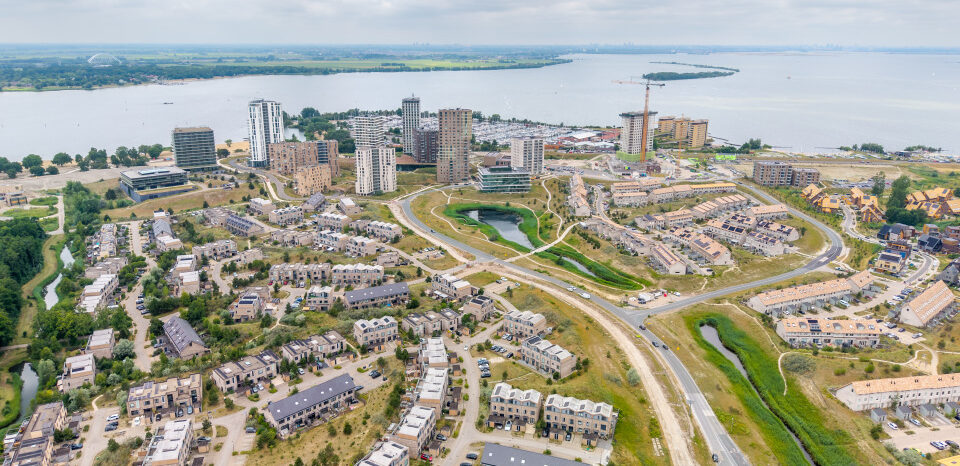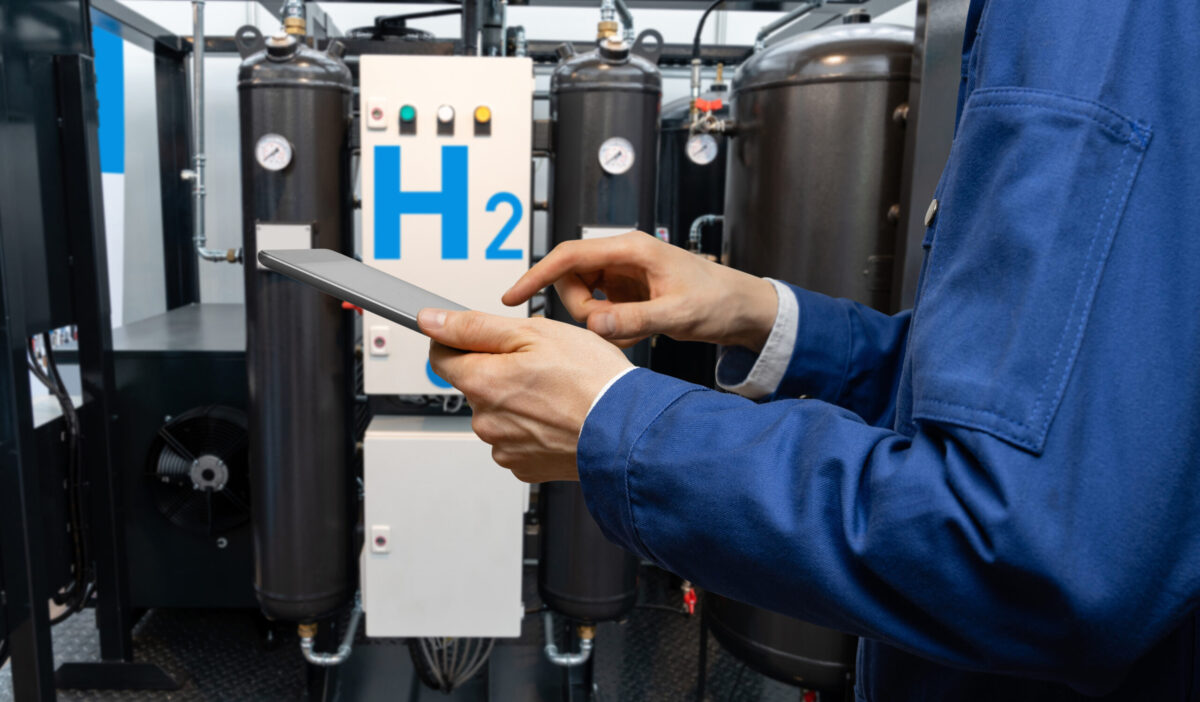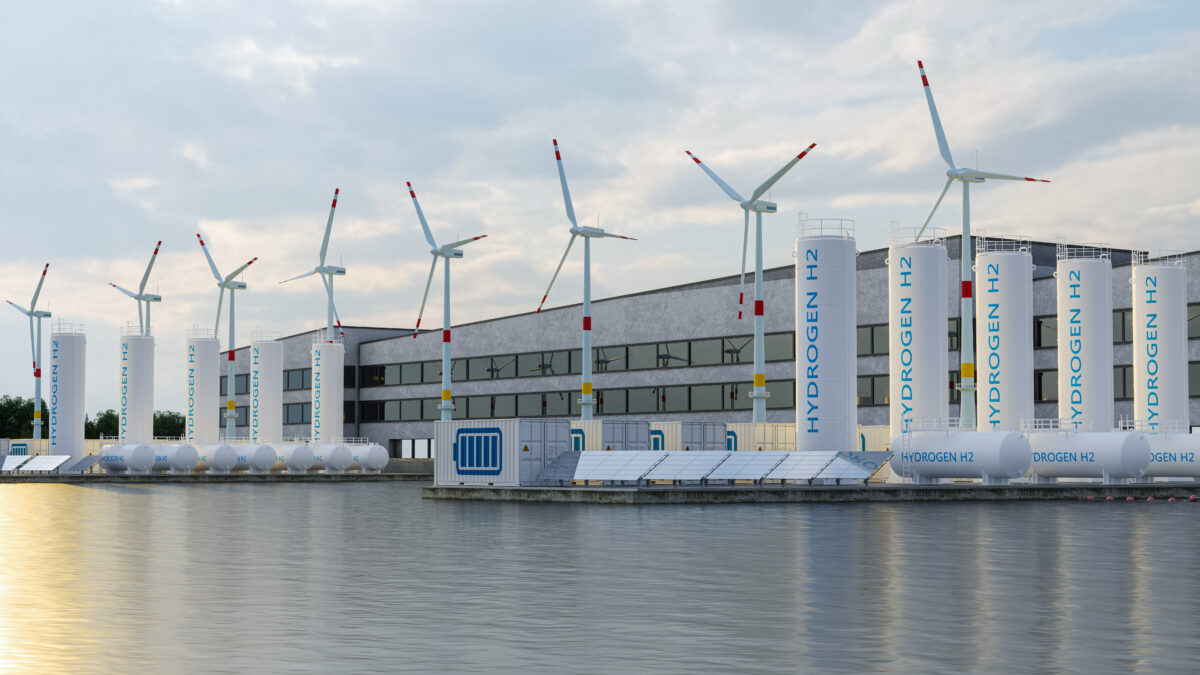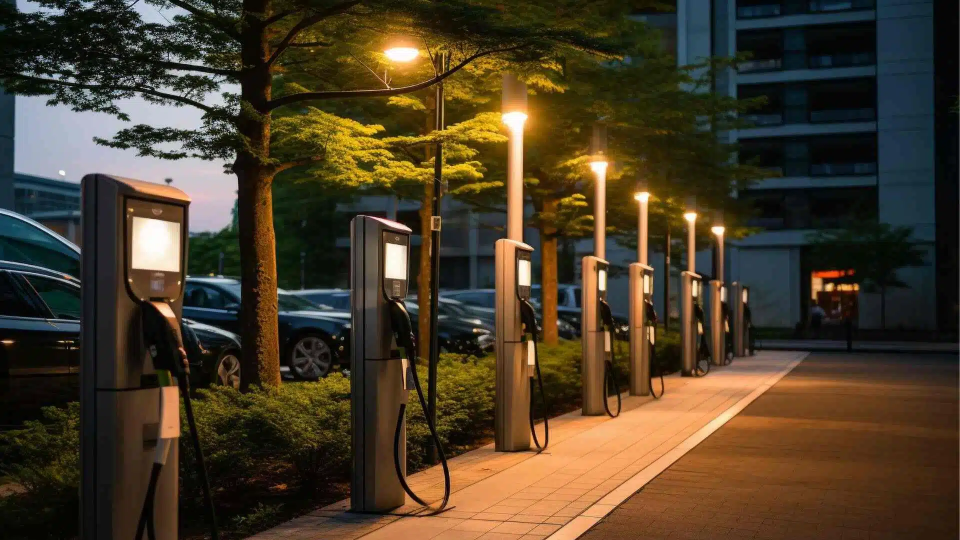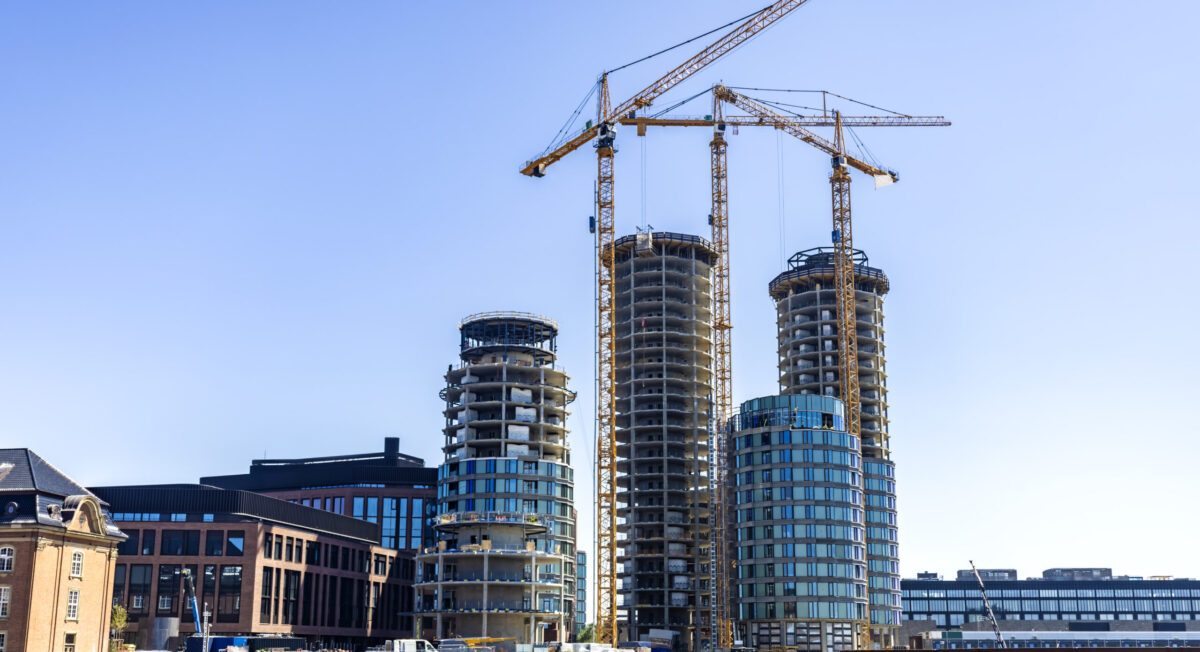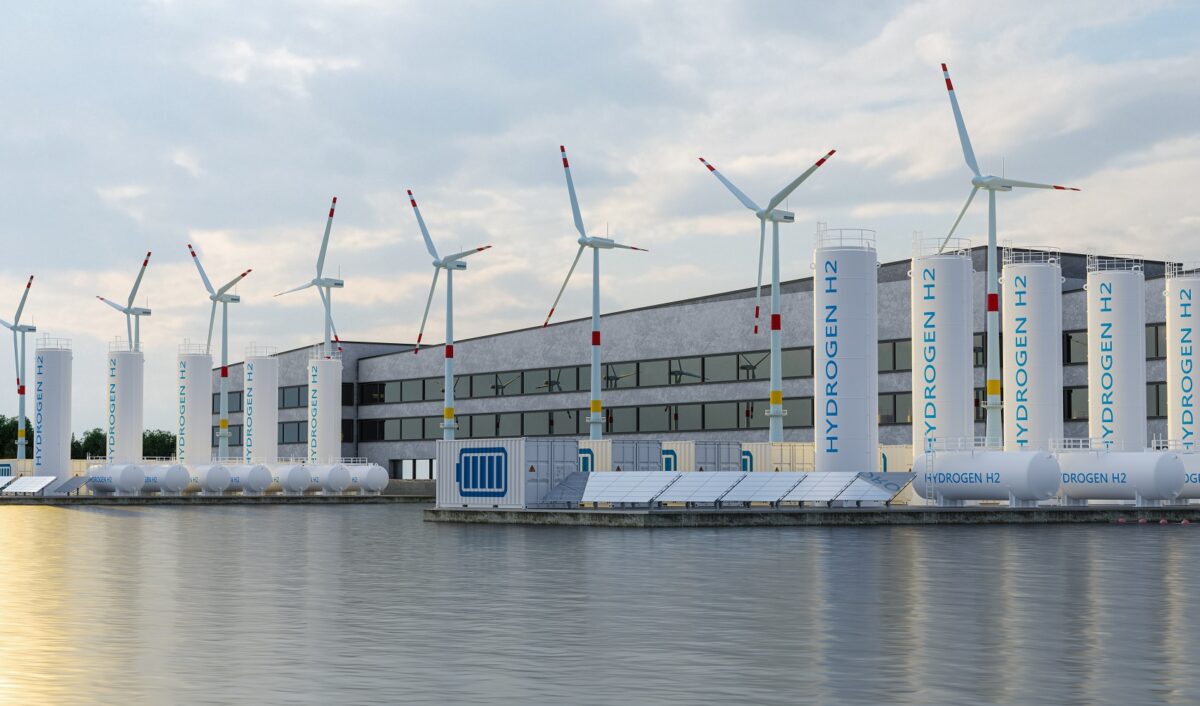The UK real estate transition is no longer constrained by ambition. Developers, lenders, owners, and advisors increasingly recognise that sustainability is fundamental to asset quality, resilience, and long‑term value. This report distils learnings from a cross‑sector roundtable and deep‑dive interviews with senior leaders across London’s development ecosystem.
Green premiums in the UK’s commercial real estate market: A Santander x Build Ahead UK developer interview series
